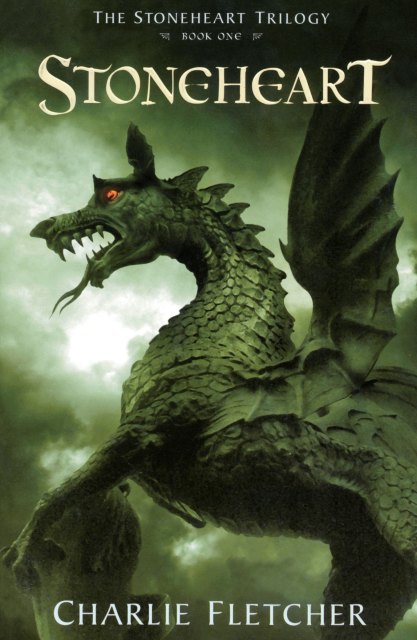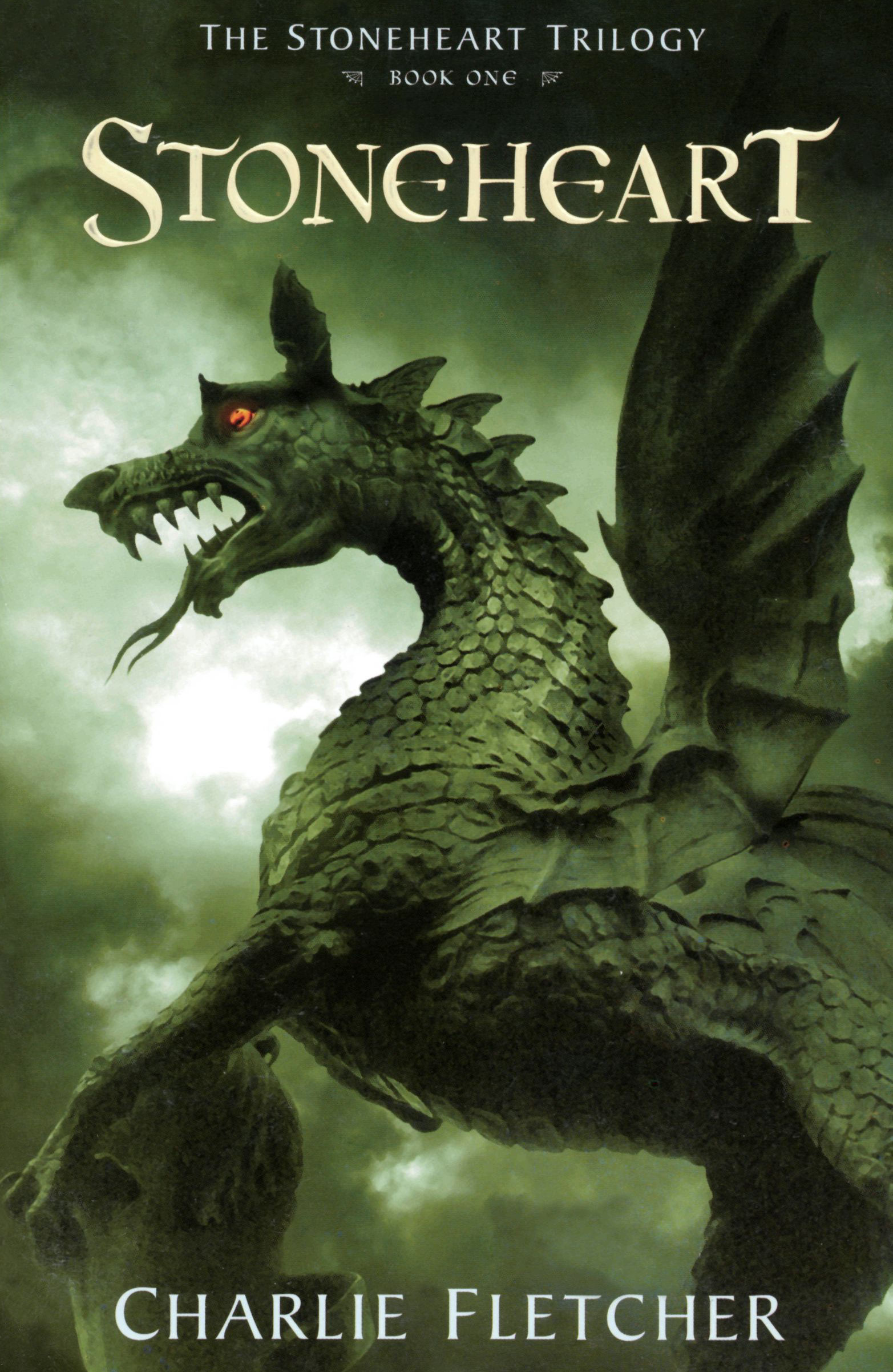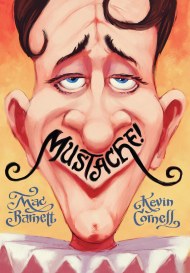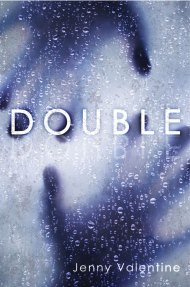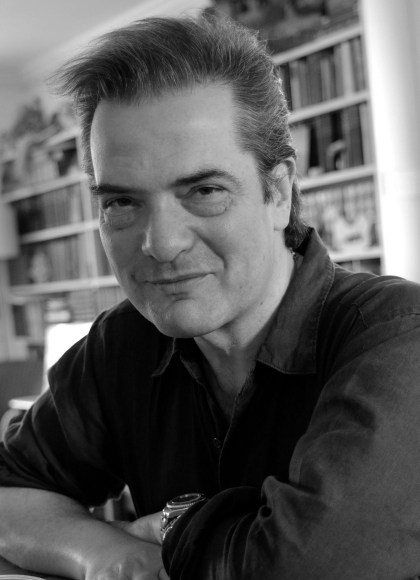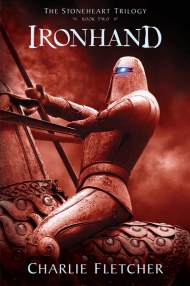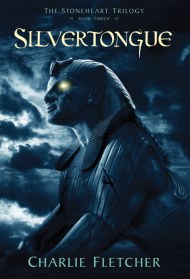By clicking “Accept,” you agree to the use of cookies and similar technologies on your device as set forth in our Cookie Policy and our Privacy Policy. Please note that certain cookies are essential for this website to function properly and do not require user consent to be deployed.
Stoneheart
Contributors
Formats and Prices
- On Sale
- Jul 25, 2010
- Page Count
- 464 pages
- Publisher
- Little, Brown Books for Young Readers
- ISBN-13
- 9781423138006
Price
$7.99Format
Format:
ebook $7.99This item is a preorder. Your payment method will be charged immediately, and the product is expected to ship on or around July 25, 2010. This date is subject to change due to shipping delays beyond our control.
Buy from Other Retailers:
Twelve-year-old George Chapman is about to find this out the hard way. When, in a tiny act of rebellion, George breaks the head from a stone dragon outside the Natural History Museum, he awakes an ancient power. This power has been dormant for centuries but the results are instant and terrifying: A stone Pterodactyl unpeels from the wall and starts chasing George. He runs for his life but it seems that no one can see what he’s running from. No one, except Edie, who is also trapped in this strange world.
And this is just the beginning as the statues of London awake
This is a story of statues coming to life; of a struggle between those with souls and those without; of how one boy who has been emotionally abandoned manages to find hope.
Series:
Newsletter Signup
By clicking ‘Sign Up,’ I acknowledge that I have read and agree to Hachette Book Group’s Privacy Policy and Terms of Use
